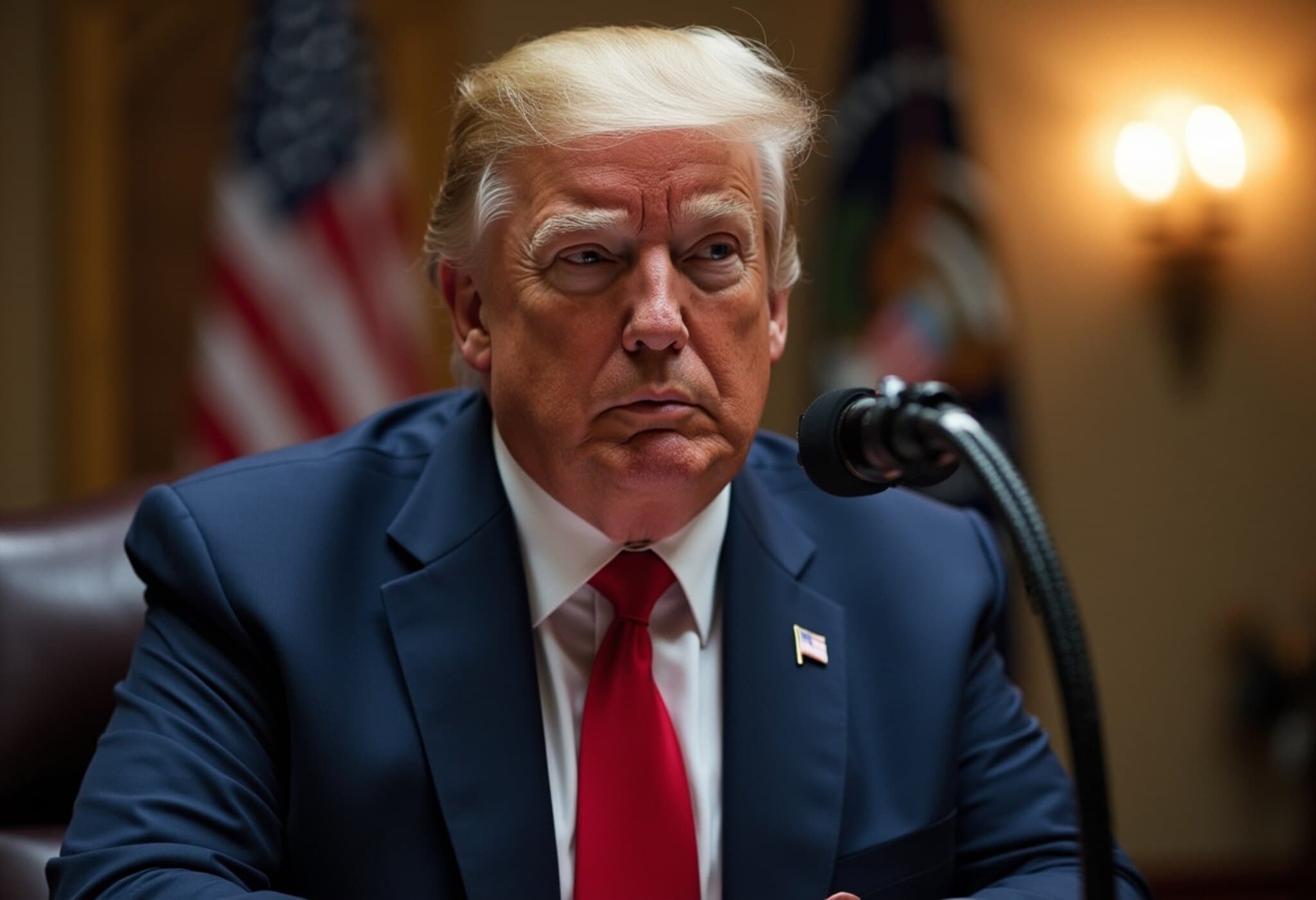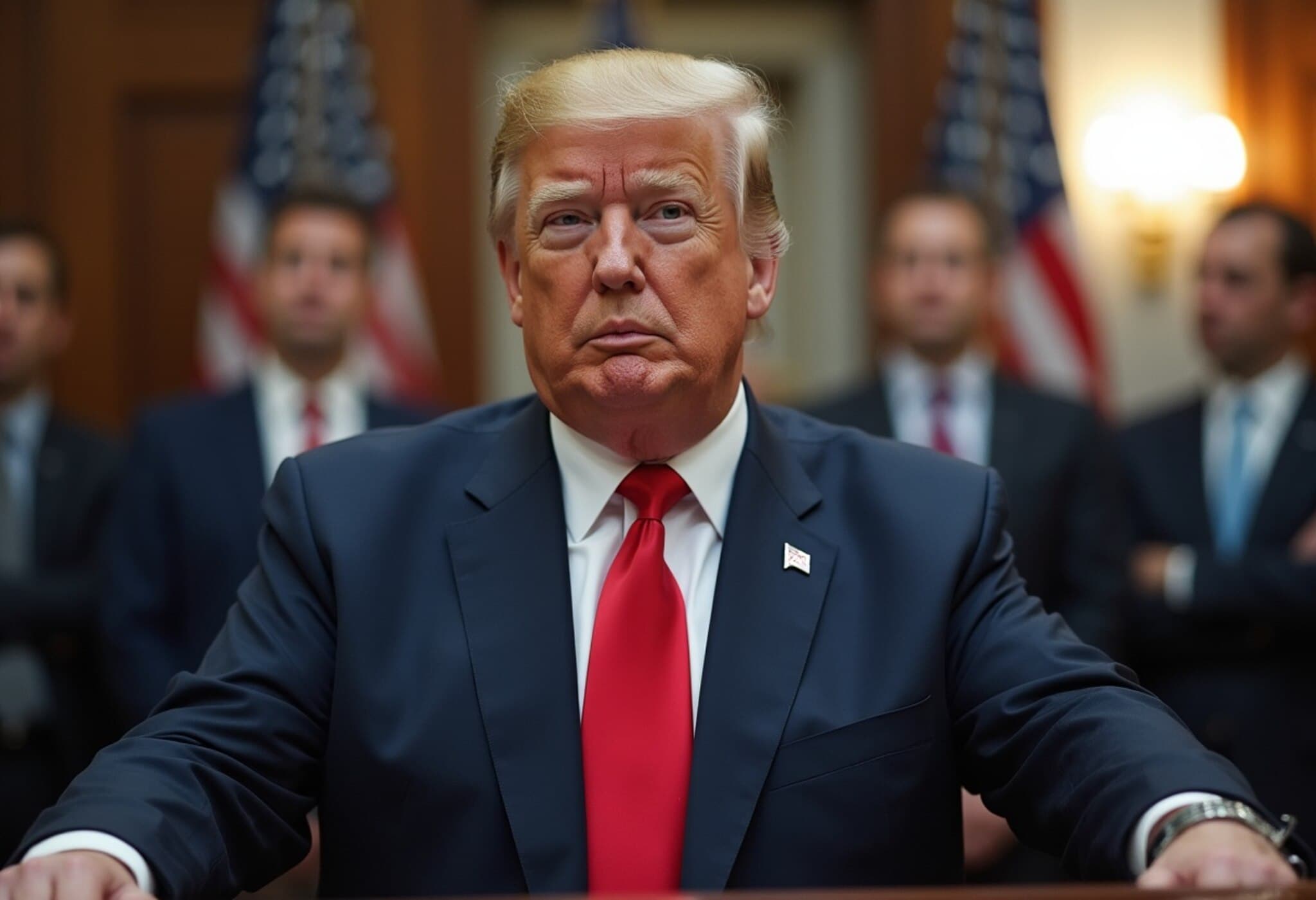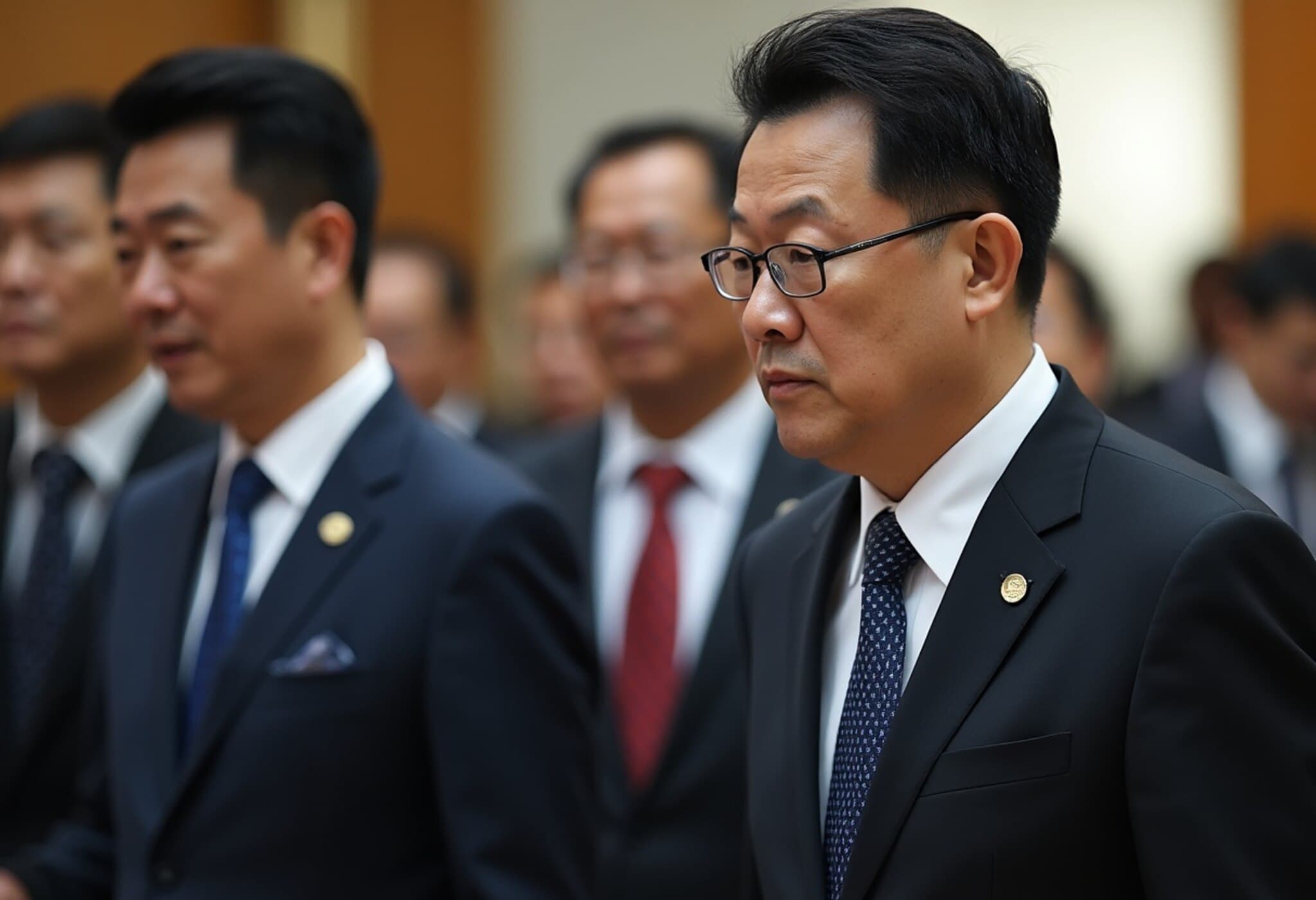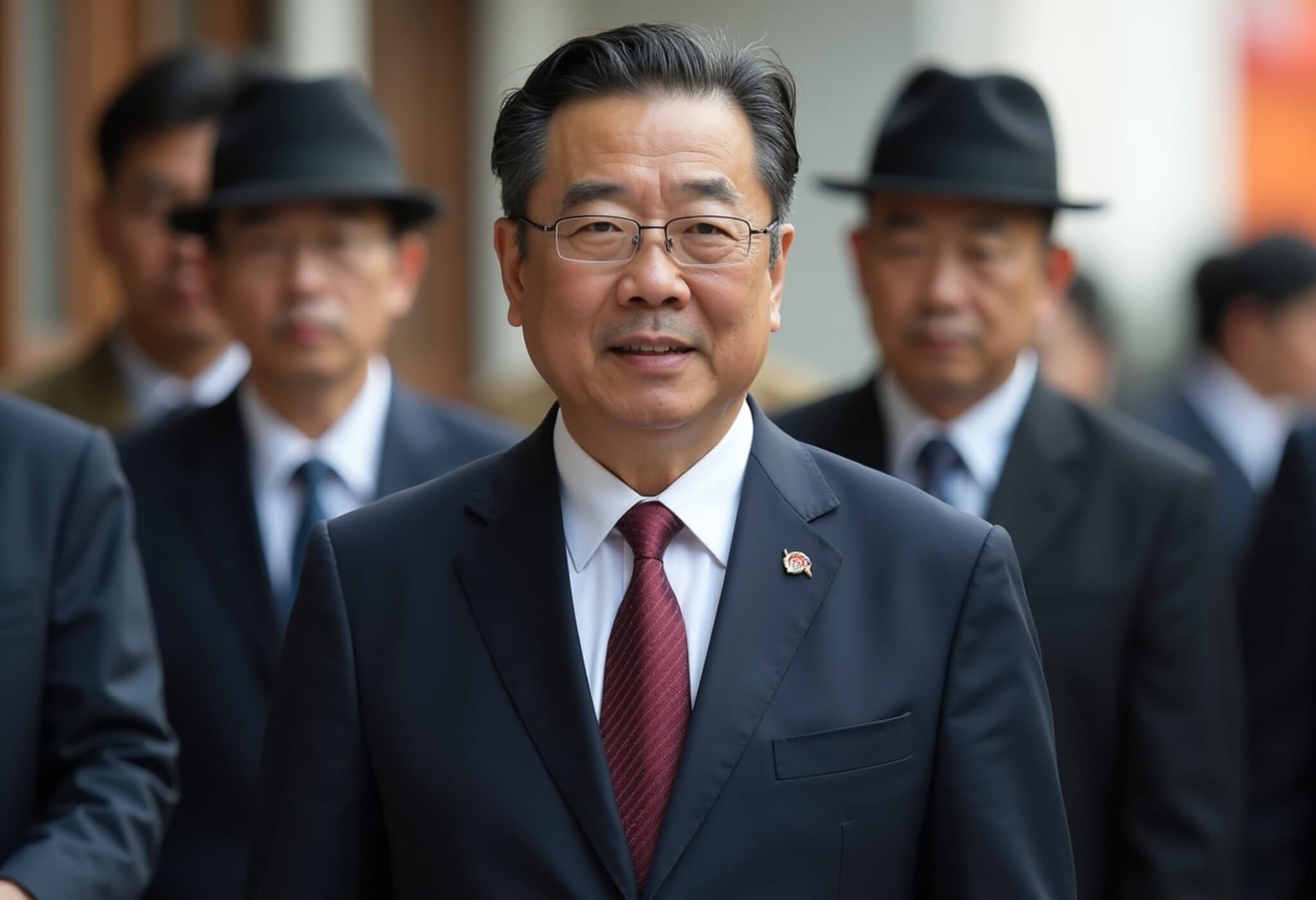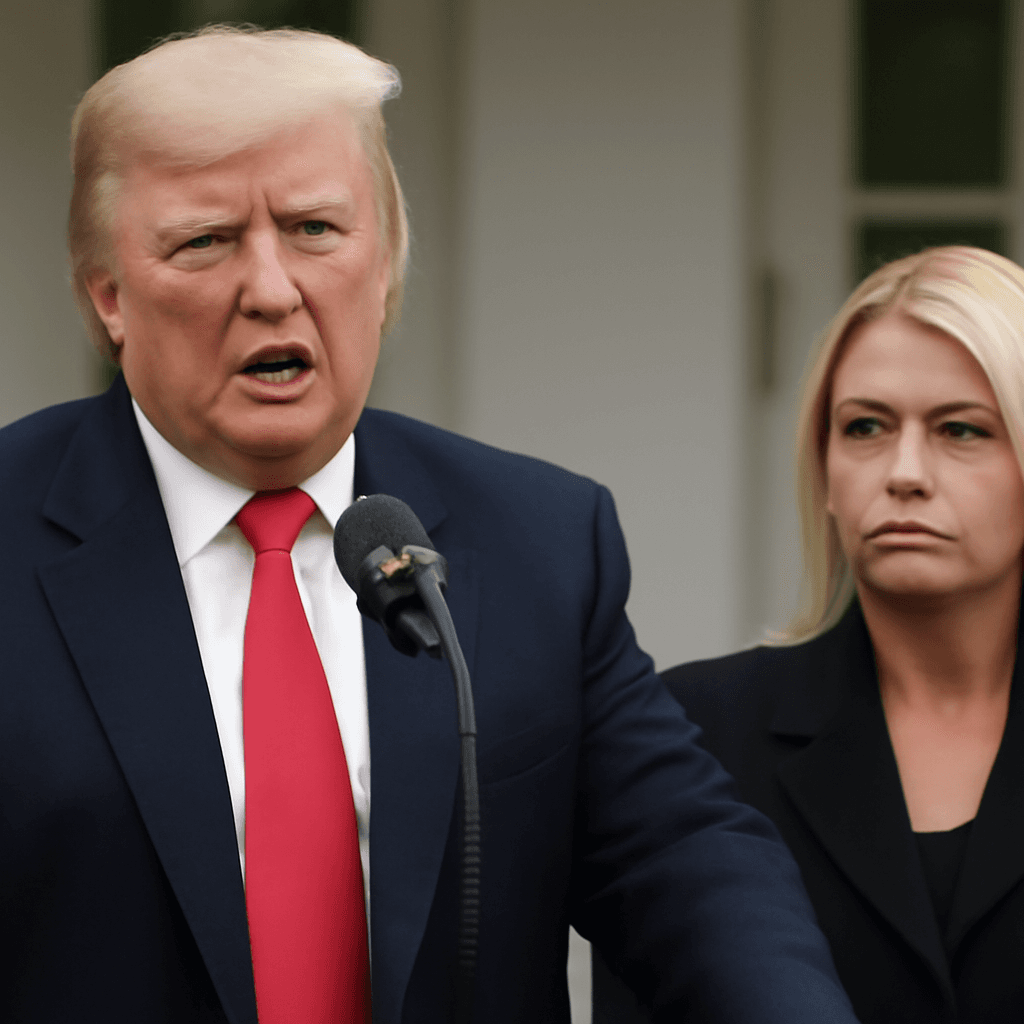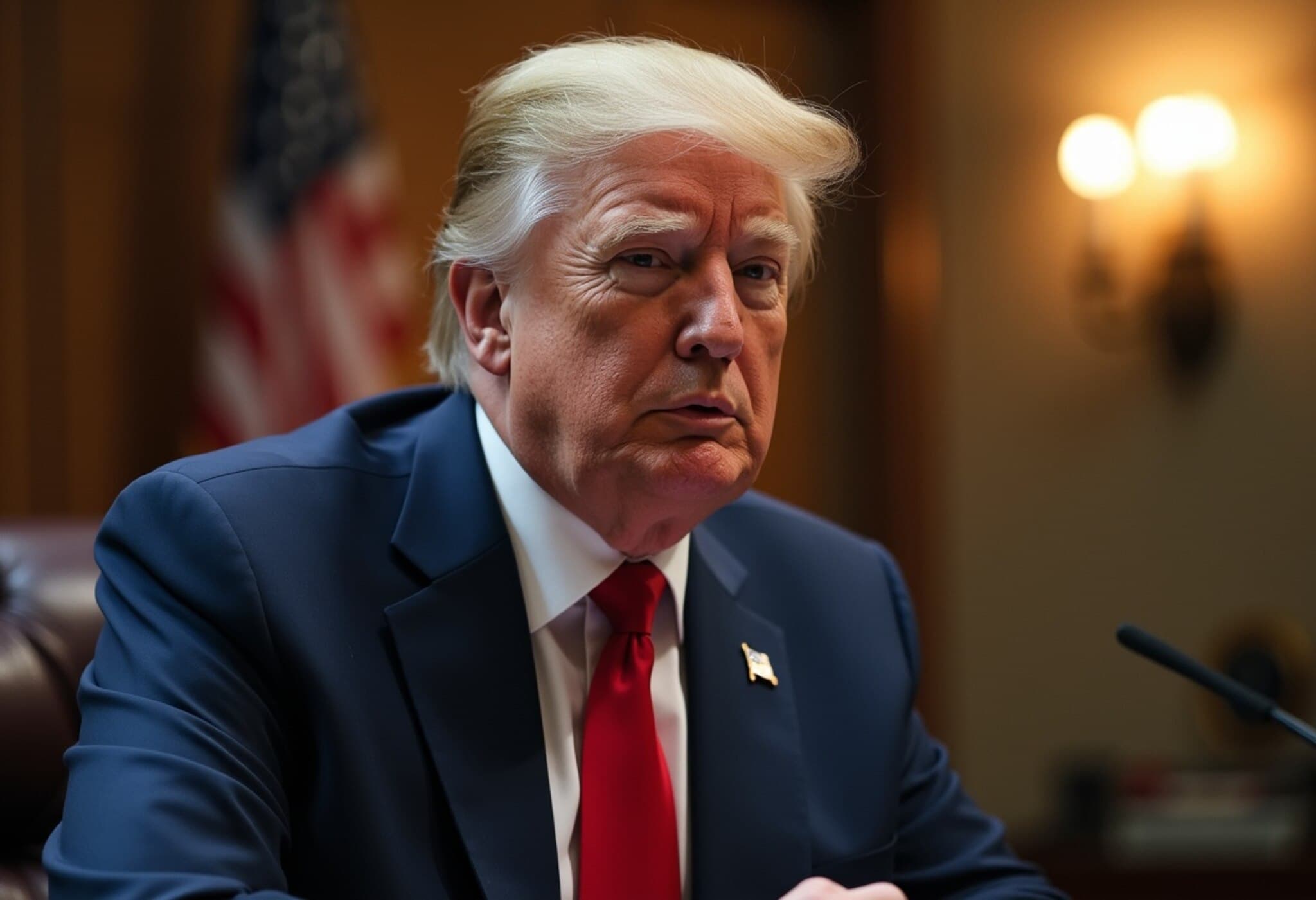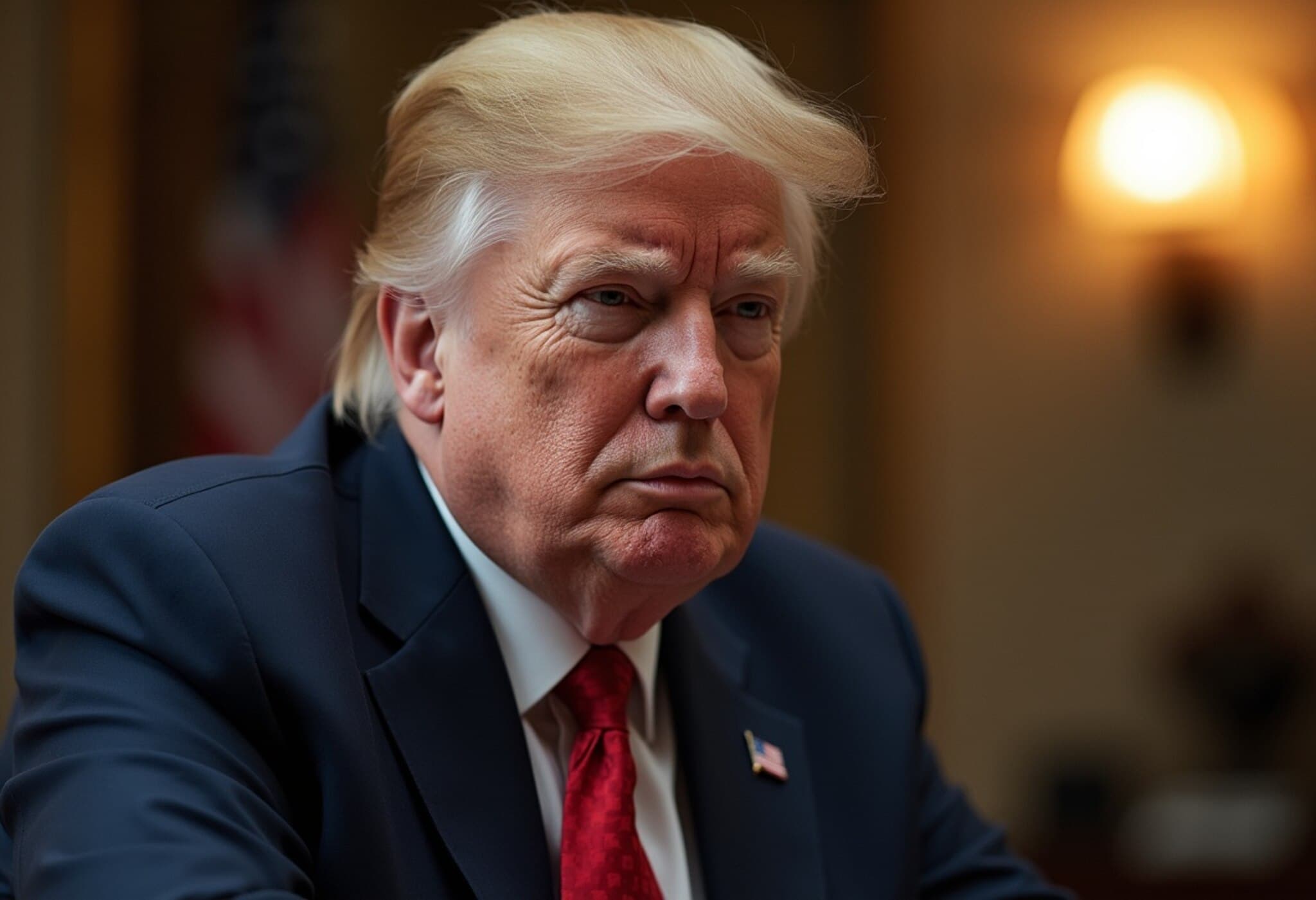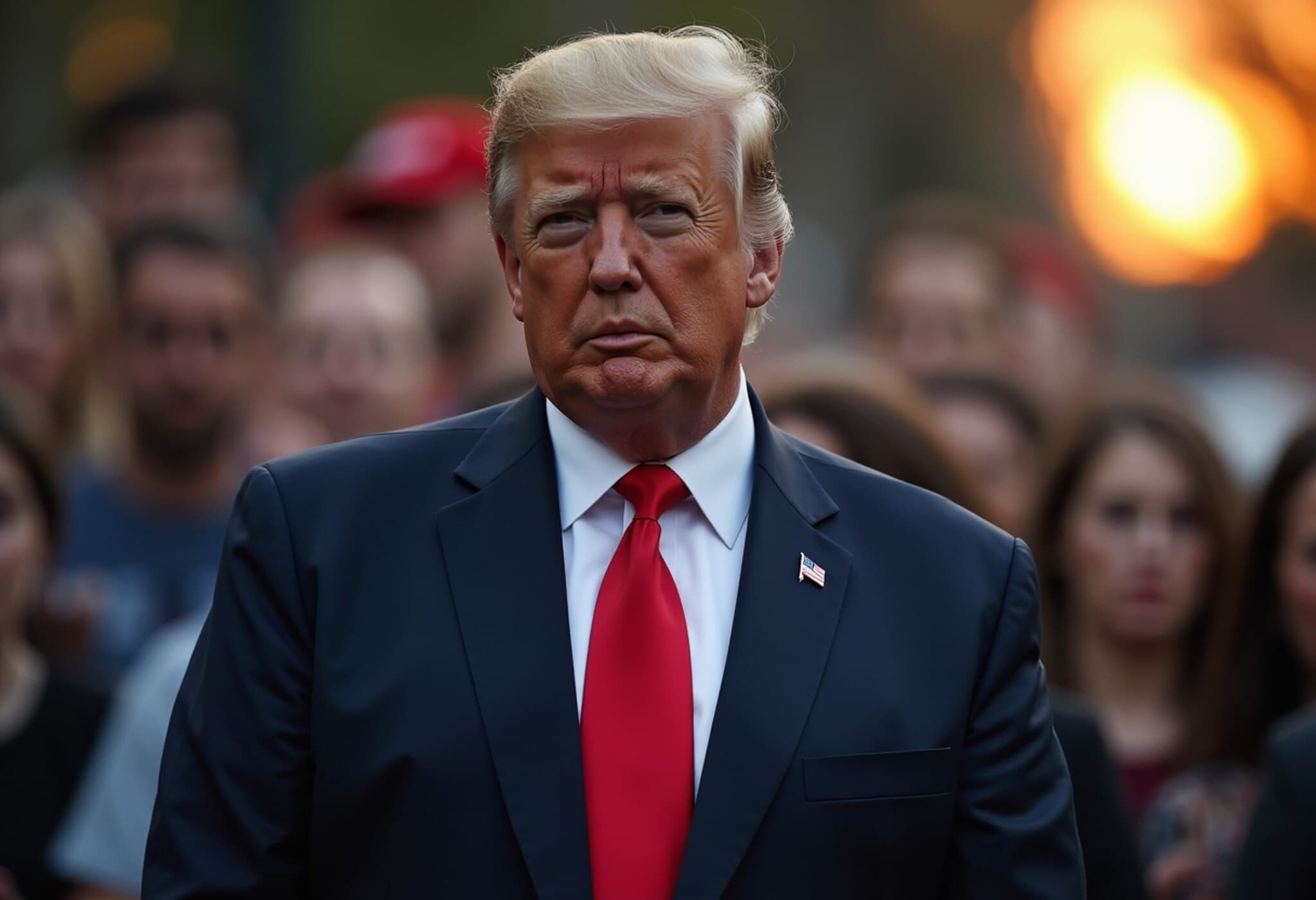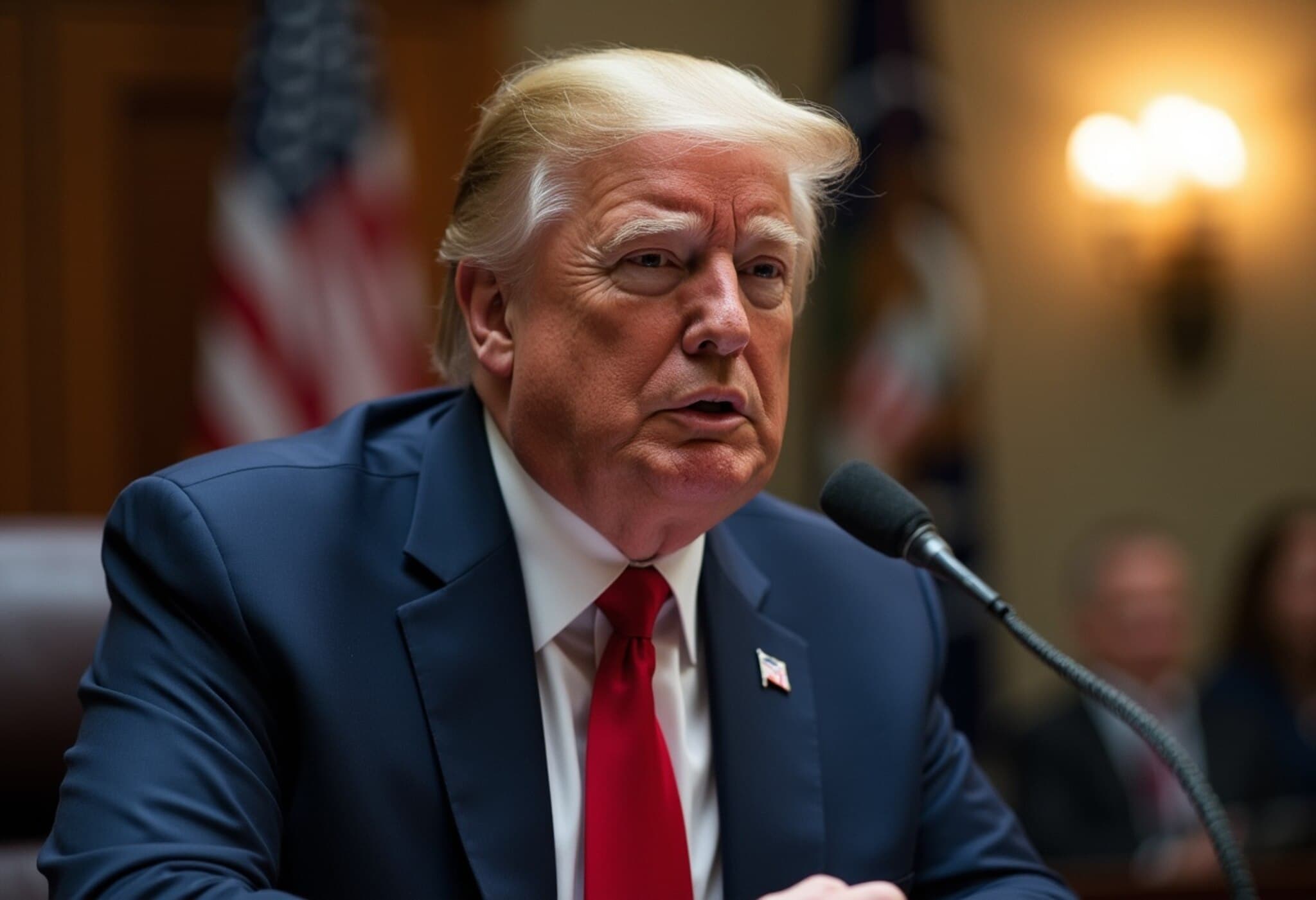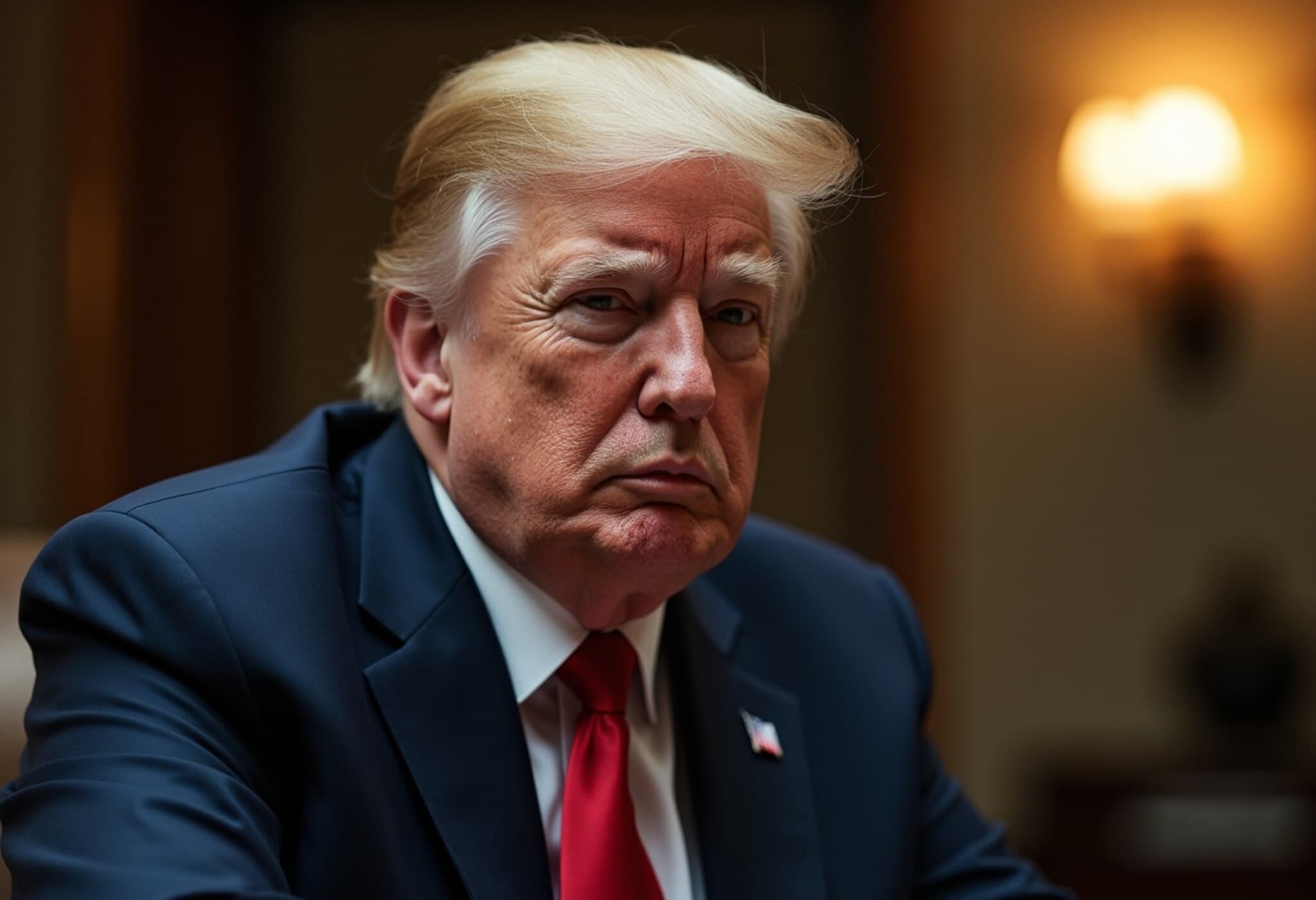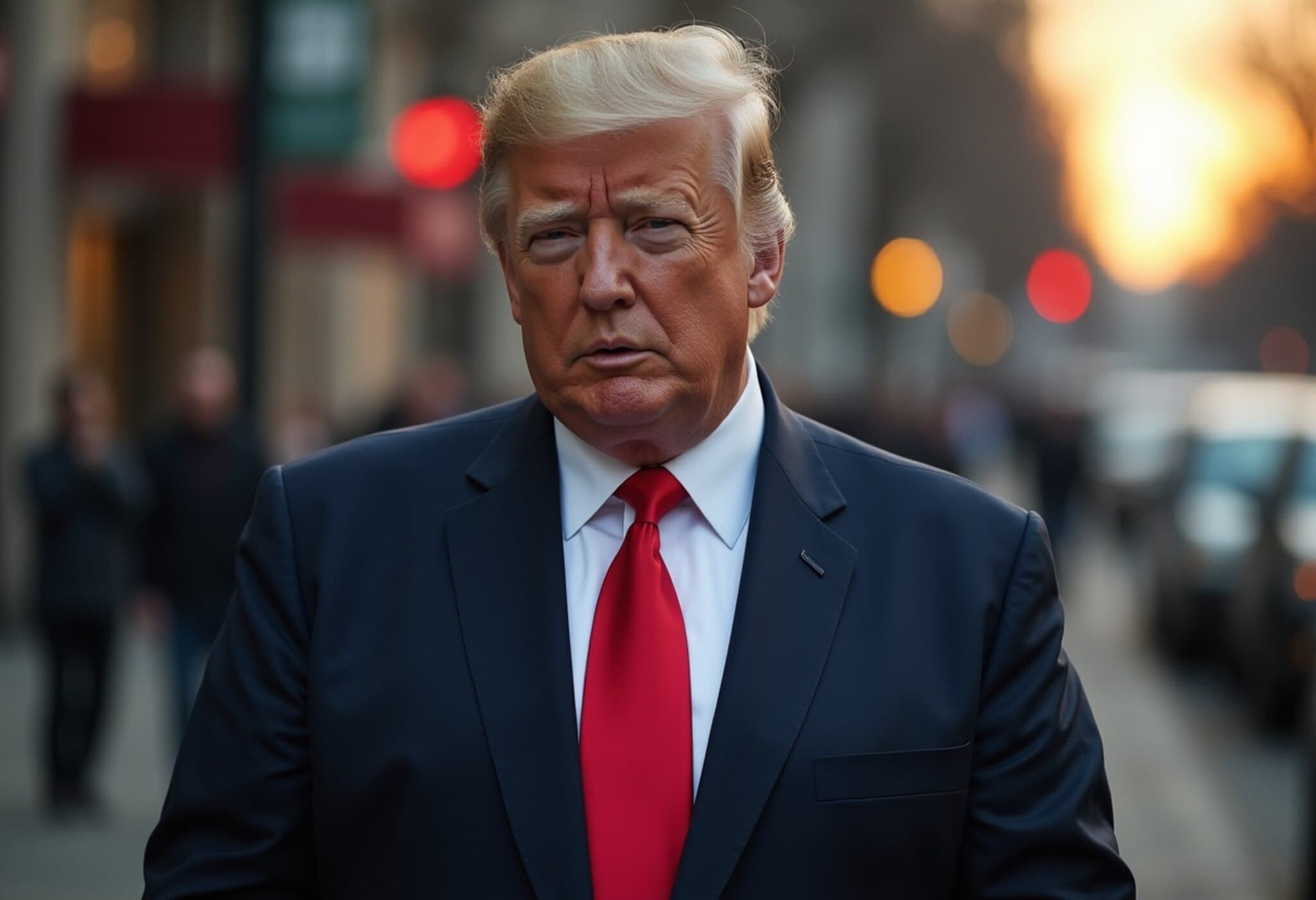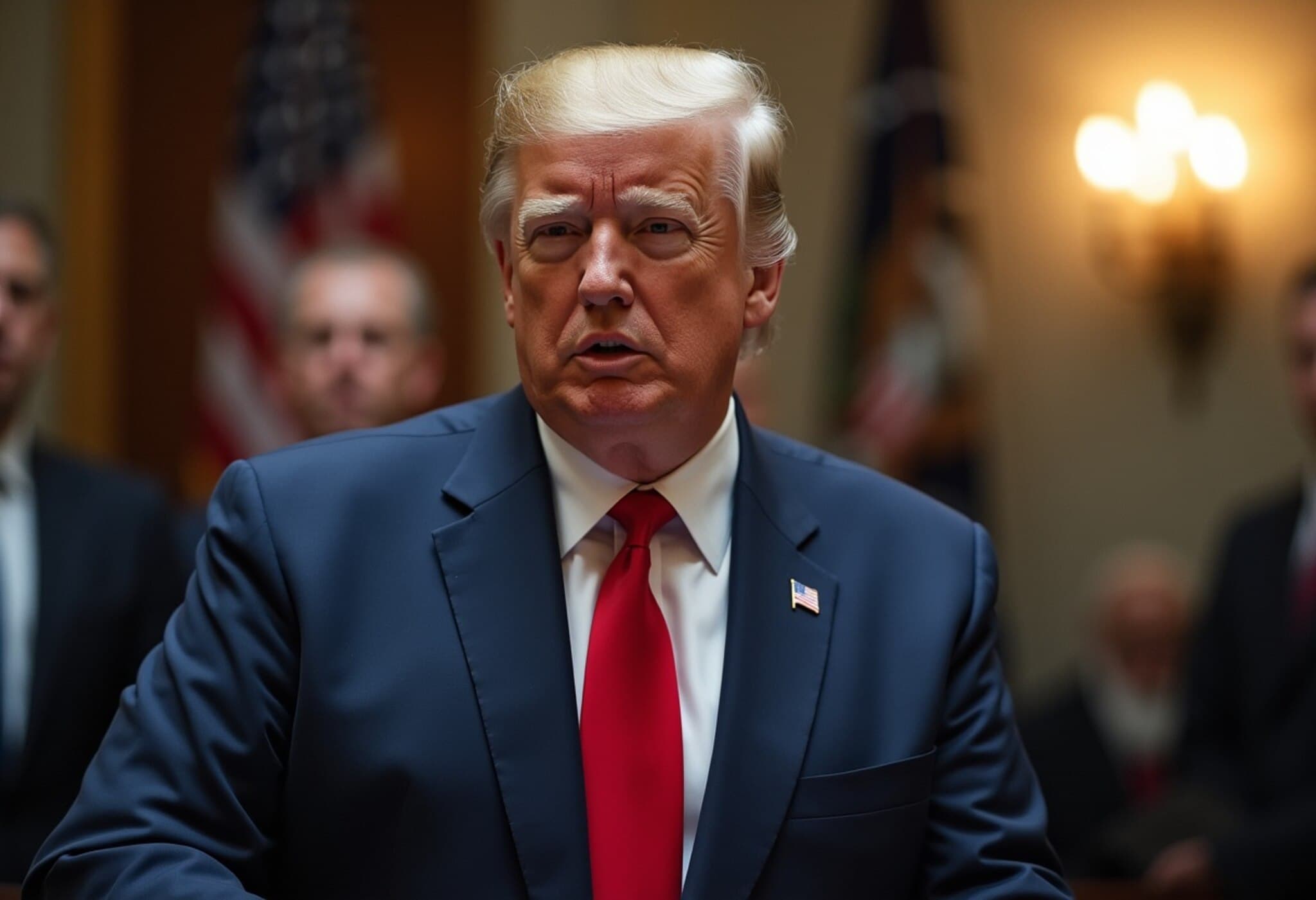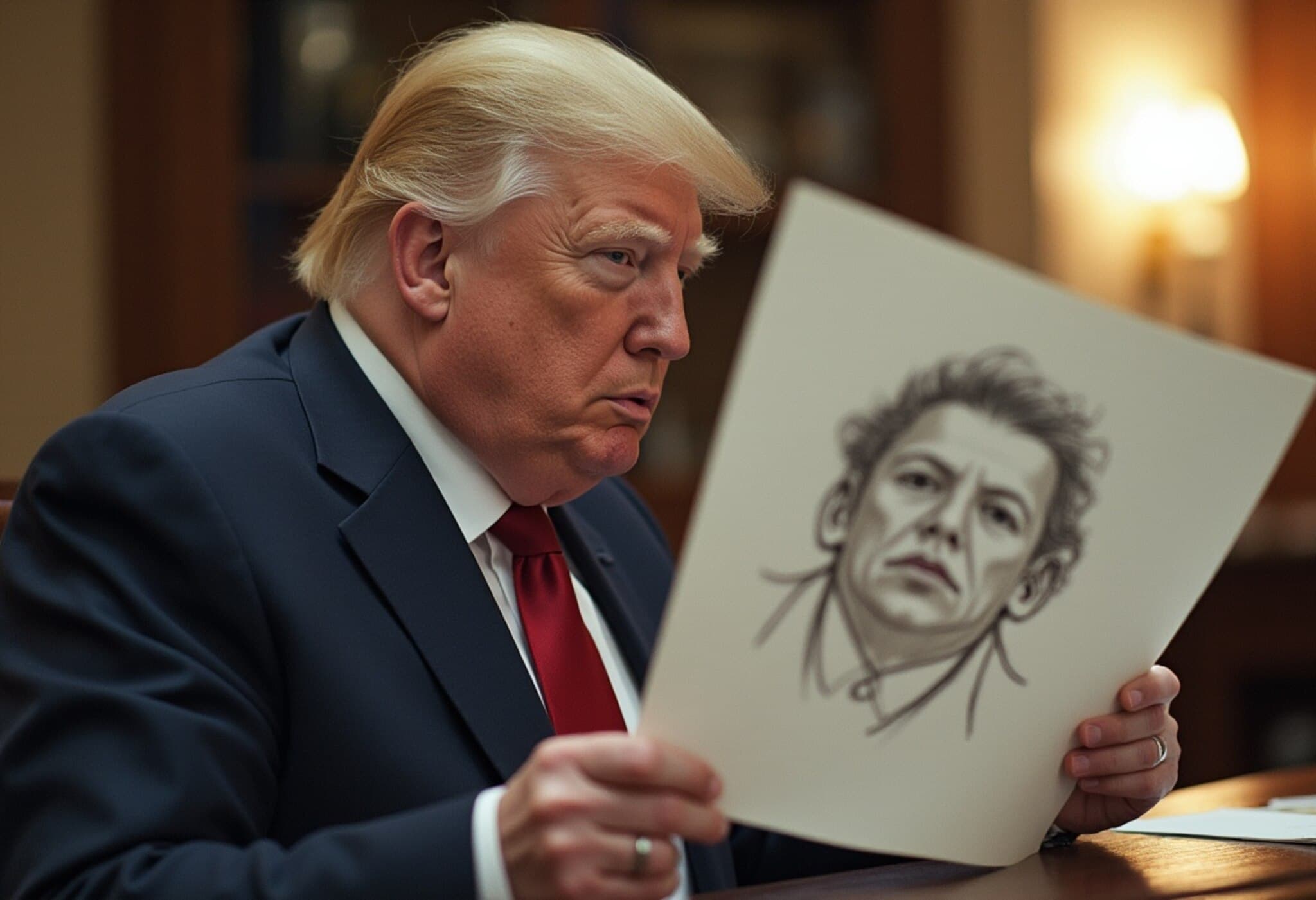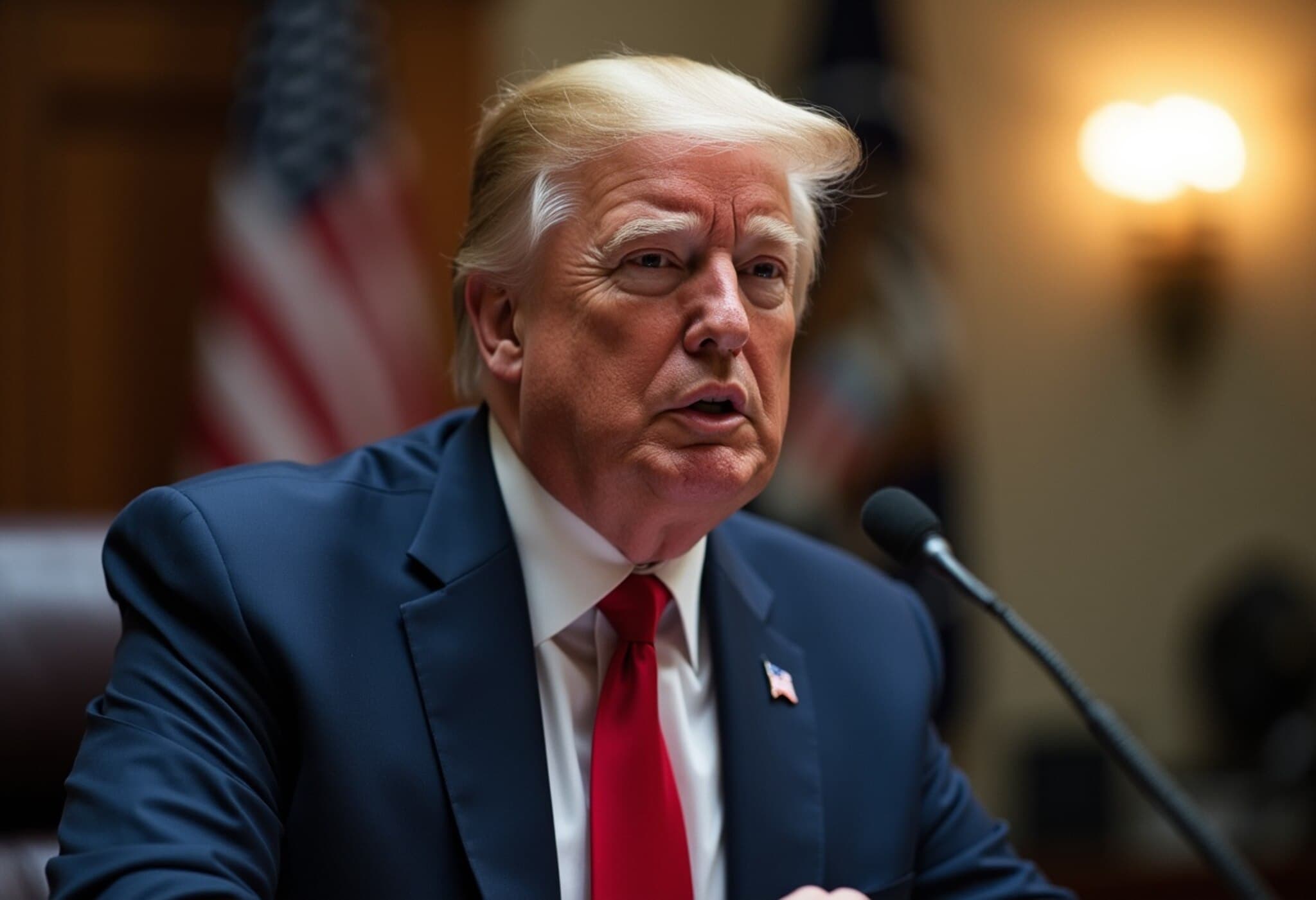Trump Pushes Back Against Supporter Criticism over Epstein Case
In a rare public rebuke, former President Donald Trump has admonished some of his staunch supporters over what he describes as misleading narratives regarding the Jeffrey Epstein sex-trafficking investigation. Trump labeled certain claims as a "big hoax," seeking to distance himself from rising conspiracy theories that cloud the case’s complex legal and political dimensions.
Context: Epstein Investigation and Political Fallout
Jeffrey Epstein, the disgraced financier who died under controversial circumstances in 2019 while awaiting trial on sex trafficking charges, remains a flashpoint in American political discourse. Various factions have leveraged the Epstein case to challenge Trump’s public image and his administration’s alleged connections with Epstein. Yet, Trump’s recent statements underscore growing frustration with online misinformation spreading among his political base.
Trump’s Attempt to Reframe the Narrative
Sources close to Trump report that the former president is keen on recalibrating the discussion, emphasizing the absence of direct evidence tying him personally to Epstein's crimes. By denouncing "big hoax" allegations, Trump aims to reaffirm his denials and promote skepticism towards unfounded claims, which analysts suggest could harm public trust and distract from genuine accountability efforts.
Legal and Political Implications
- Judicial scrutiny: Epstein’s network continues to attract scrutiny from federal and state prosecutors, with lingering questions about those close to him.
- Political weaponization: The case has morphed into a potent political tool, often weaponized in partisan battles ahead of upcoming elections.
- Public perception: Conflicting narratives have fueled skepticism about the justice system’s impartiality, raising broader debates about elite accountability.
Expert Insight: The Challenge of Navigating Fact and Fiction
Legal experts warn that while the Epstein case is ripe for conspiracy theories, it also demands careful and nuanced public understanding. Professor Elaine Richardson, a criminal justice specialist, explains, "The mixing of verified facts with sensational claims complicates public discourse and can undermine genuine victims' experiences and ongoing investigations." She emphasizes the need for media literacy and responsible consumption of information in politically charged environments.
Looking Ahead: What This Means for American Politics
Trump’s efforts to clamp down on speculative claims among his supporters highlight a broader dilemma facing American democracy—how to balance free political expression with the need to combat misinformation. As the Epstein case remains a focal point of legal proceedings and political debate, the interplay between truth and narrative will likely shape voter perceptions and media coverage alike.
Editor’s Note
The Epstein saga is far from over, with new developments poised to erupt in public and legal arenas. This episode raises critical questions: How do we ensure accountability without succumbing to baseless conspiracy? What role should political leaders play in shaping or curbing narratives around sensitive justice issues? Readers are encouraged to stay informed through credible sources and approach sensational claims with a critical eye.

